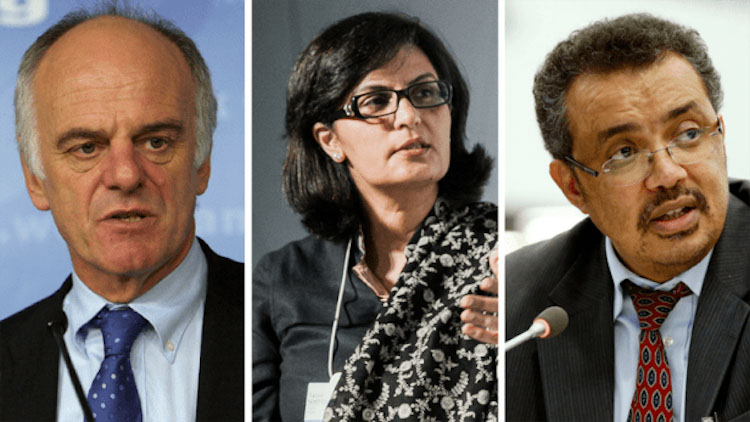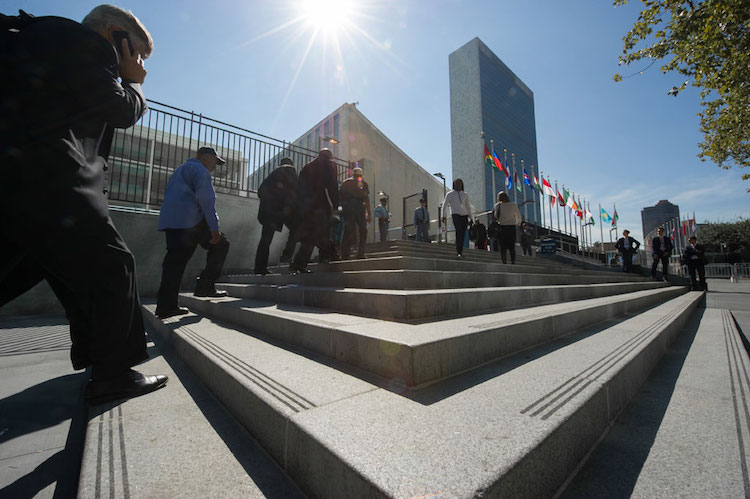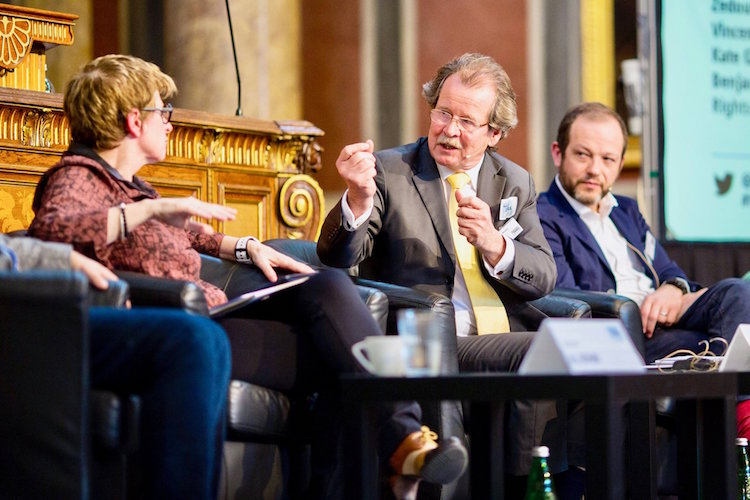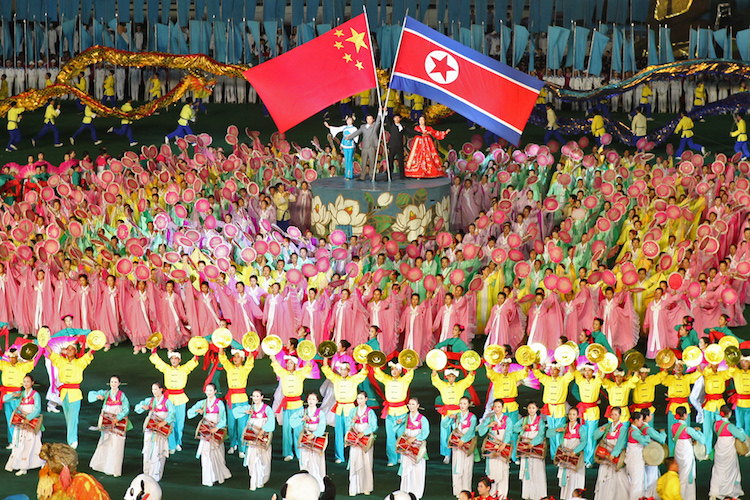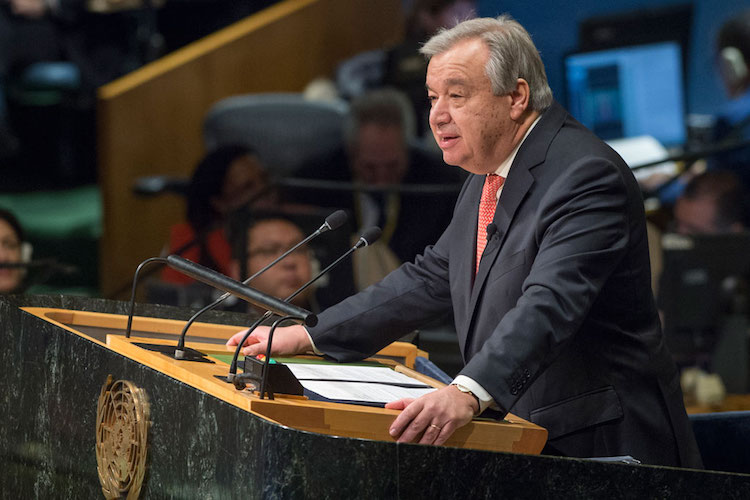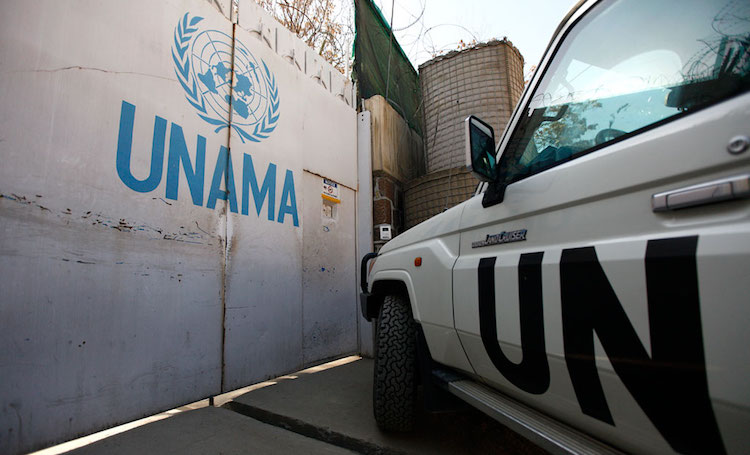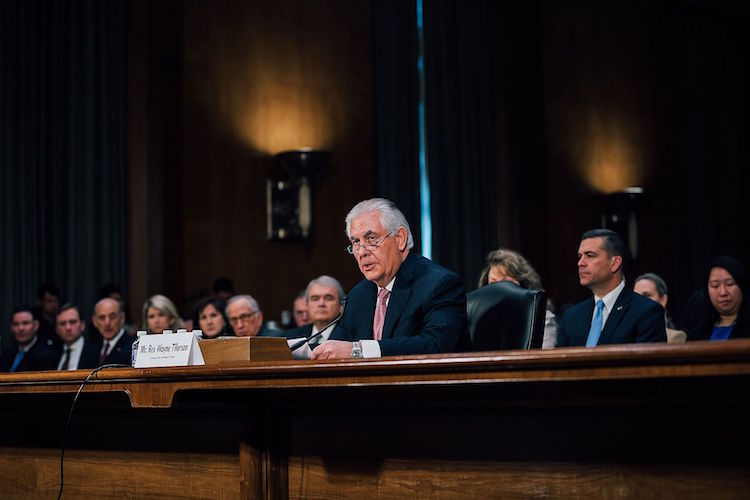By Germán Velásquez*
GENEVA (IDN-INPS) – The World Health Organization (WHO) is in the most critical crossroad of its history but actions can and should be taken, to ensure its public health mission. This is the challenge for the new Director-General to be elected in May 2017.
This year is the last year of the mandate of the current Director-General, Margaret Chan, who fought for 9 years, to maintain a public agenda for the organization, that a small group of industrialized countries and philanthropic foundations had difficulty in accepting and supporting.

